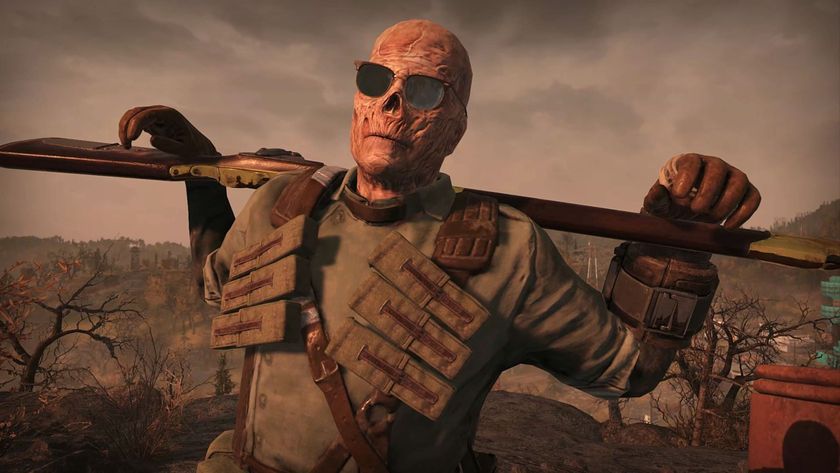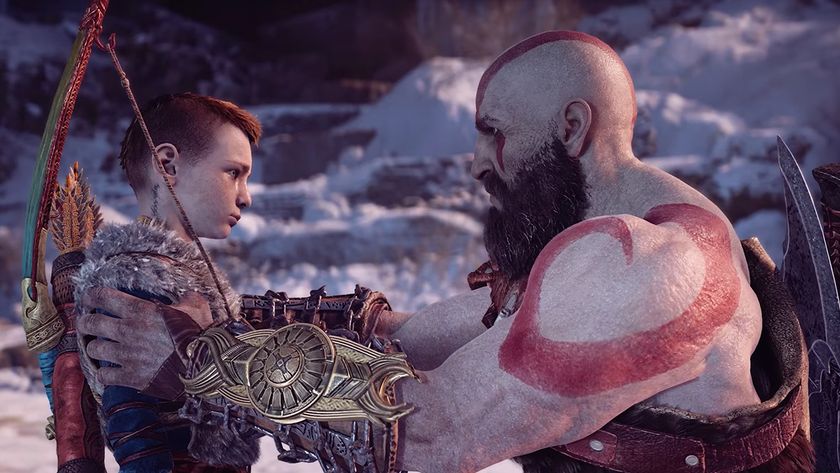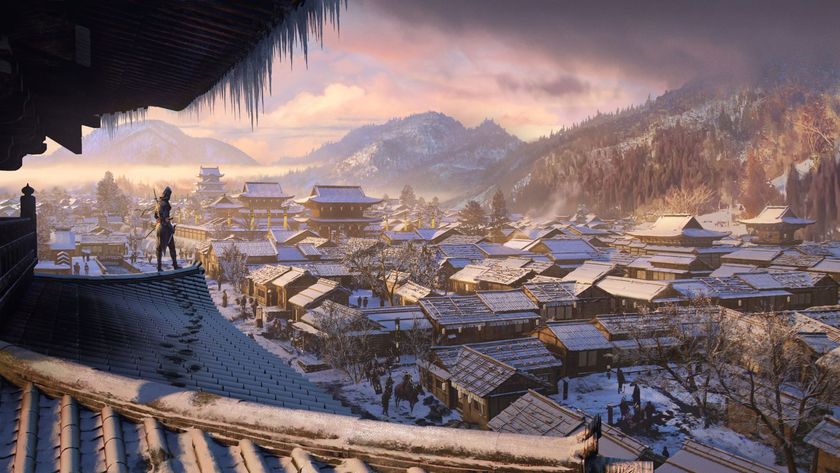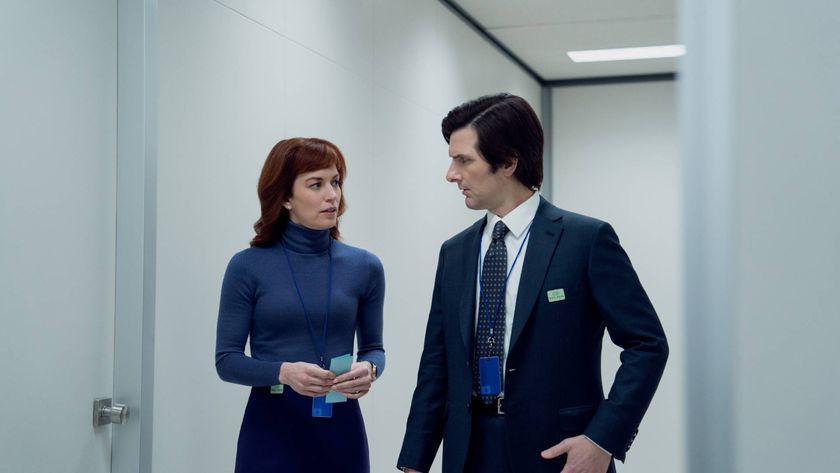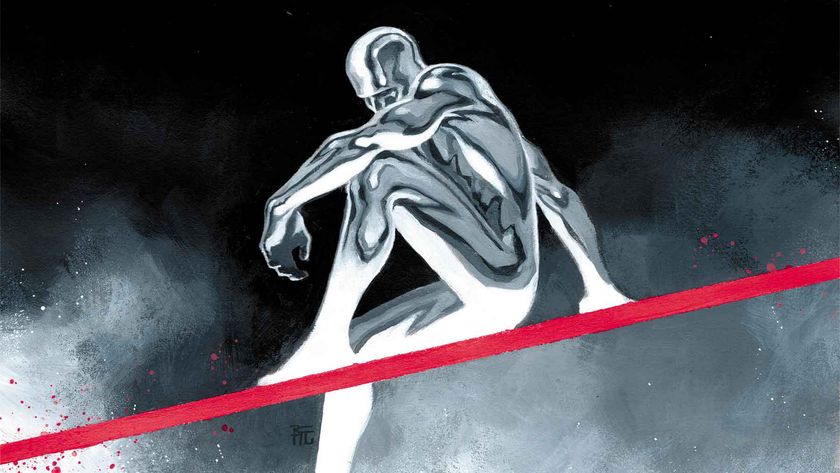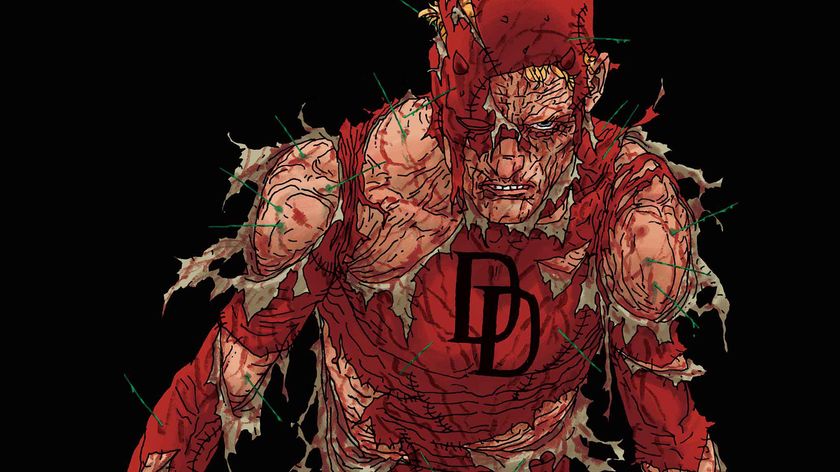Game censorship around the world
The state of state-imposed babysitting
The second way games are banned involves direct or indirect interference from governments, and this is what makes us rage. In certain countries, state-imposed censorship is undisputedly the norm, and in others it’s bordering. We’re focusing primarily on this type of censorship, the kind that furrows our freedom-of-expression-loving eyebrows, as we embark on a delightful tour of creative oppression around the world.

The United Kingdom
PEGI (Pan European Game Information) is fair enough with its ratings, and UK authorities do not ban games as a policy. The most recent controversy involved Manhunt 2, though Rockstar’s murder-fest caused a stir everywhere. The British Board of Film Classification rejected the game, and its sale became illegal. David Cooke, director of the BBFC, commented, “There is sustained and cumulative casual sadism in the way in which these killings are committed.” But with some fairly significant edits (which were also required in the US and elsewhere), the game was eventually released in the UK. The only other controversy in recent memory involved Carmageddon. In order to be released, the game’s hapless pedestrians were replaced with robots, but after an appeal the game was released with its originally intended bloodiness intact.
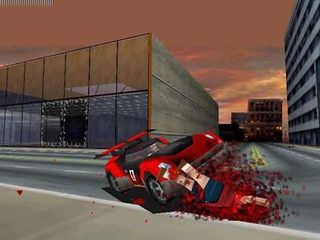
Above: Carmageddon’s mess of bloody pixels was initially too much in the UK

The United States of America
Like the UK, the US has no significant “ban list” for games. Most game censorship in the US is self-censorship by companies which desire positive public perception. For example, when Manhunt 2 received an Adults Only rating, it was not legally banned from sale in the US, but neither Sony nor Nintendo would allow it to be published, and GameStop wouldn’t have carried it as policy.
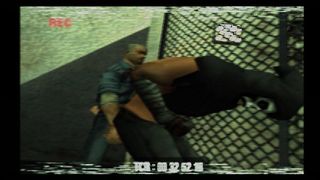
Above: Family fun on Wii!
Likewise, many games out of Japan, especially during the NES and SNES eras, were stripped of blood and nudity to appeal to what was perceived as a more conservative American audience.
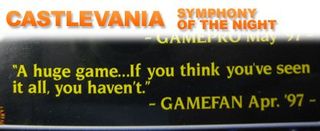
Above: “Oh god, a puddle of blood! Those sensitive pacifists in America won’t have this! What’s that? They were the ones who dropped the…? Oh, right. Look, the guys at NOA say to take it out.”
Sign up to the GamesRadar+ Newsletter
Weekly digests, tales from the communities you love, and more
Citizens of the US do have to worry about overzealous, self-righteous “family values” groups who treat media as if it’s a disease to be cured, and seek to strip responsibility away from consumers and legislate babysitting. The Mass Effect “Sexbox scandal” is indicative of the kind of ignorant bullshit these pricks are capable of pulling – vilifying a game because it has a tasteful sex scene which would have barely pushed a film from PG-13 to R.

Above: Oh the horror! Kids who shouldn’t even be playing this game might start to think that sex between consenting adults is natural! And one of them is blue! Interracial sex even!

Japan
Games are rarely censored in Japan, with the exception of some pornographic censorship, which relates more to other laws than it does videogames. The Computer Entertainment Rating Organization (CERO) rates most games in Japan, and tends to hand out games lower (less mature) ratings than Western ratings boards. The Ethics Organization of Computer Software (EOCS) also rates games in Japan, with a focus on PC games of a sexy, sexy nature.

Above: Ah, good old Artificial Girl 2... classic
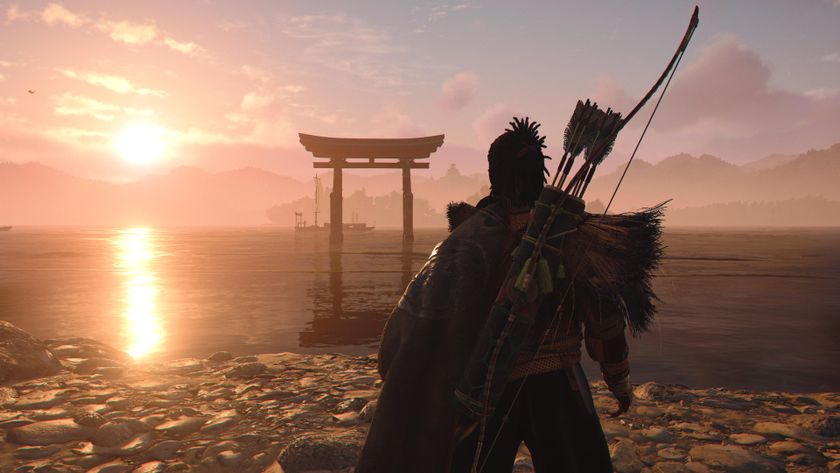
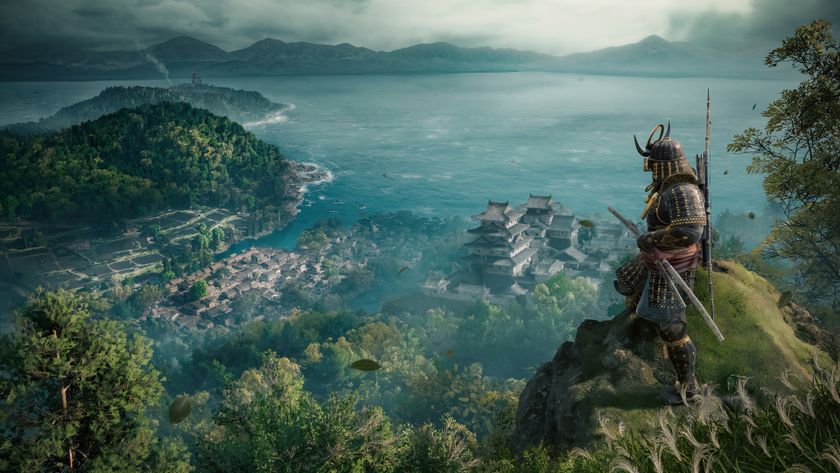
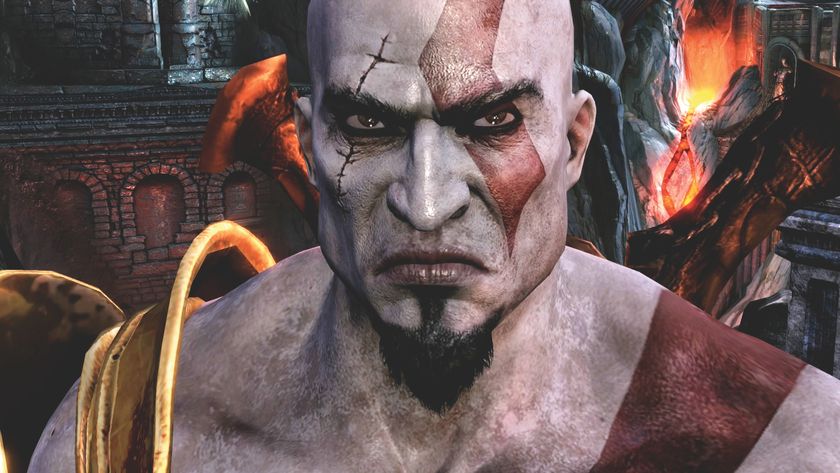
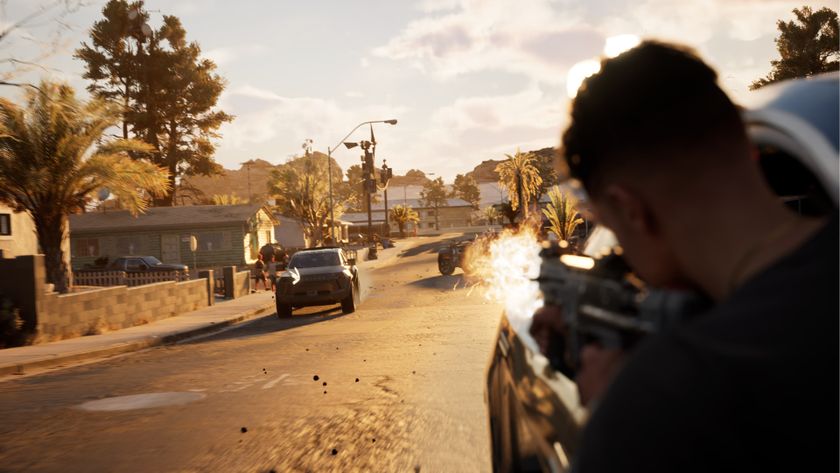
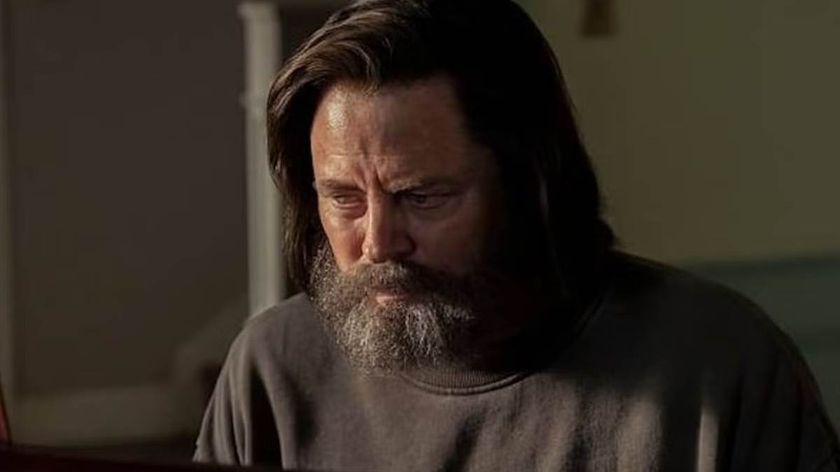
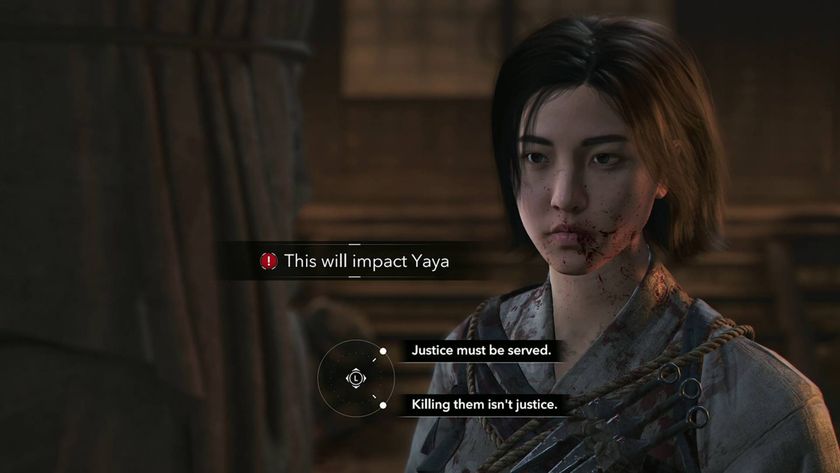
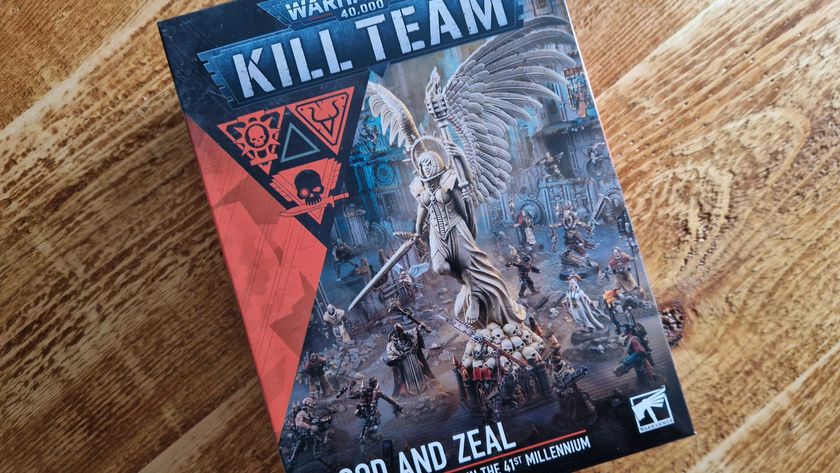
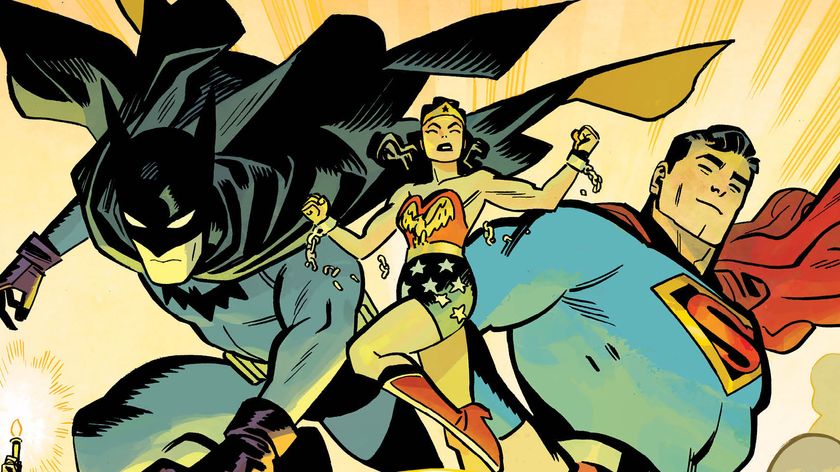
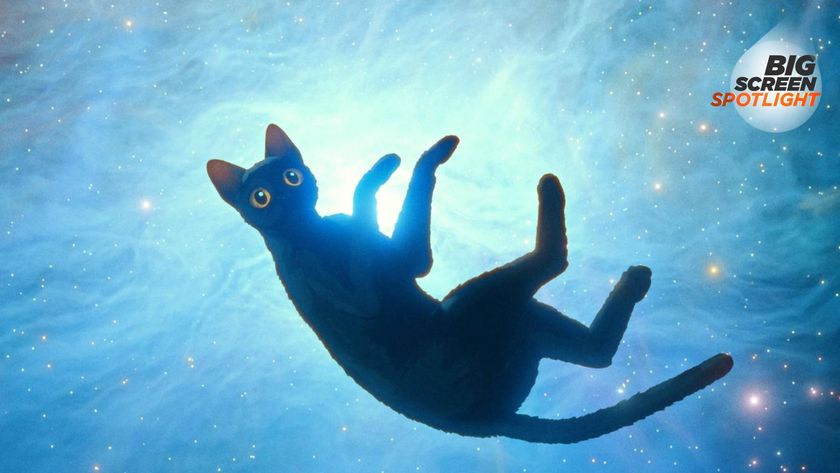
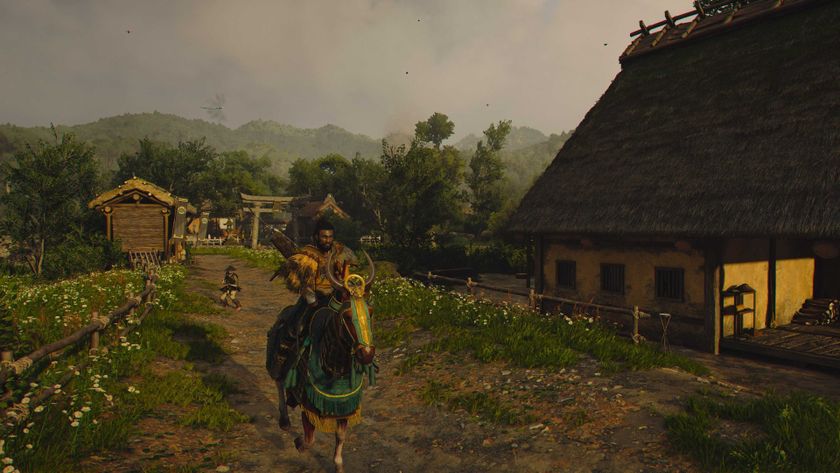
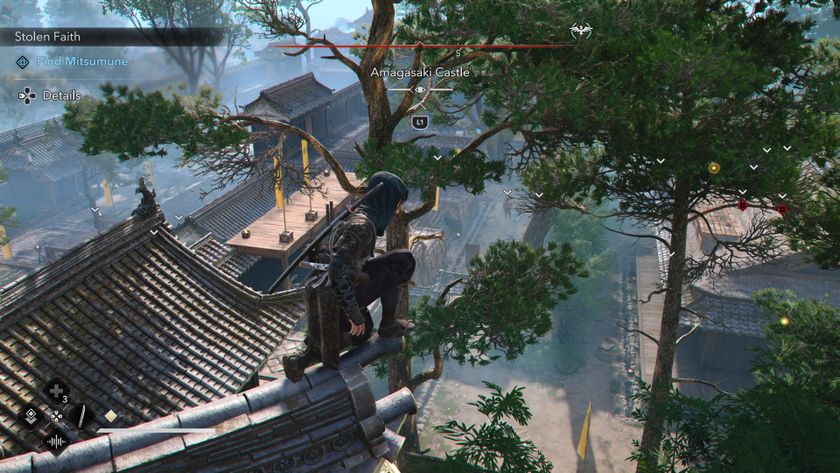
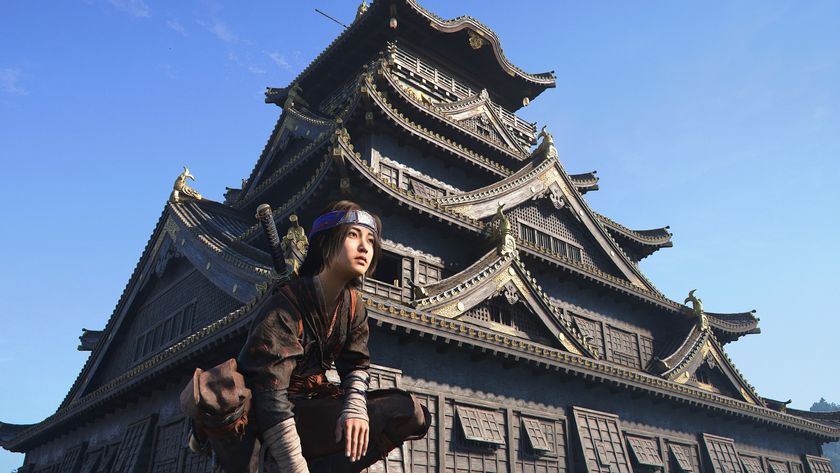

Assassin's Creed Shadows has an entire island stuffed with adorable kittens you need to check out, and it's based on an actual Japanese cat paradise
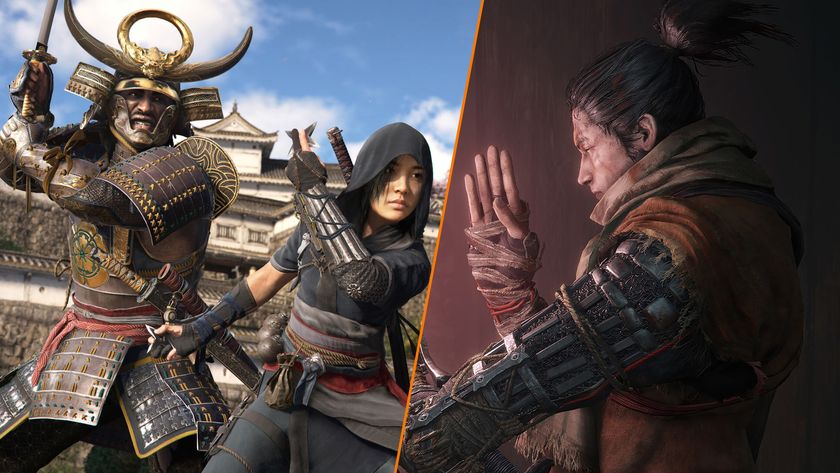
Assassin's Creed Shadows' generous parrying is a nightmare – and before anyone can say "skill issue," I'm blaming Sekiro and Lies of P

